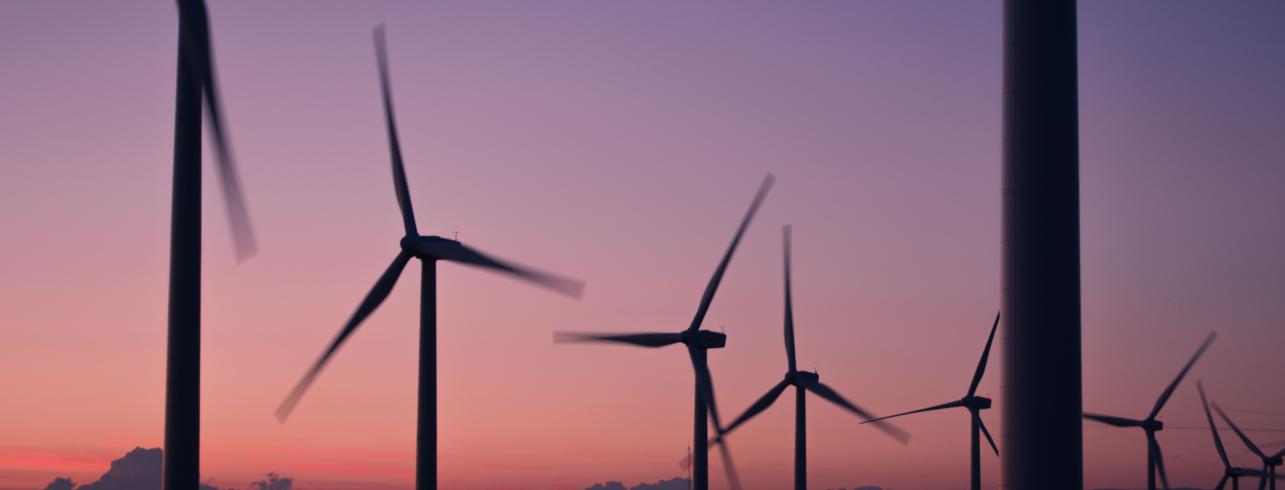
In July 2017, The Ministry of Ecological Transition and Territorial Cohesion presented France's Climate Plan, which aims to make the Paris Agreementa reality. The Climate Plan set new targets for the country, including achieving carbon neutrality by 2050. Since the November 8, 2019 law on energy and climate, this objective is now enshrined in law.
Carbon neutrality is defined by the French energy-climate law as "a balance, within the national territory, between anthropogenic emissions by sources and anthropogenic absorptions by sinks of greenhouse gases".
Introduced by the French Energy Transition for Green Growth Act, the National Low-Carbon Strategy is France's roadmap for combating climate change. It sets out guidelines for implementing the transition to a low-carbon, circular and sustainable economy in all sectors of activity. It defines a trajectory for reducing greenhouse gas emissions up to 2050, and sets short- and medium-term targets: carbon budgets. It has two ambitions: to achieve carbon neutrality by 2050, and to reduce the carbon footprint of French consumption.
